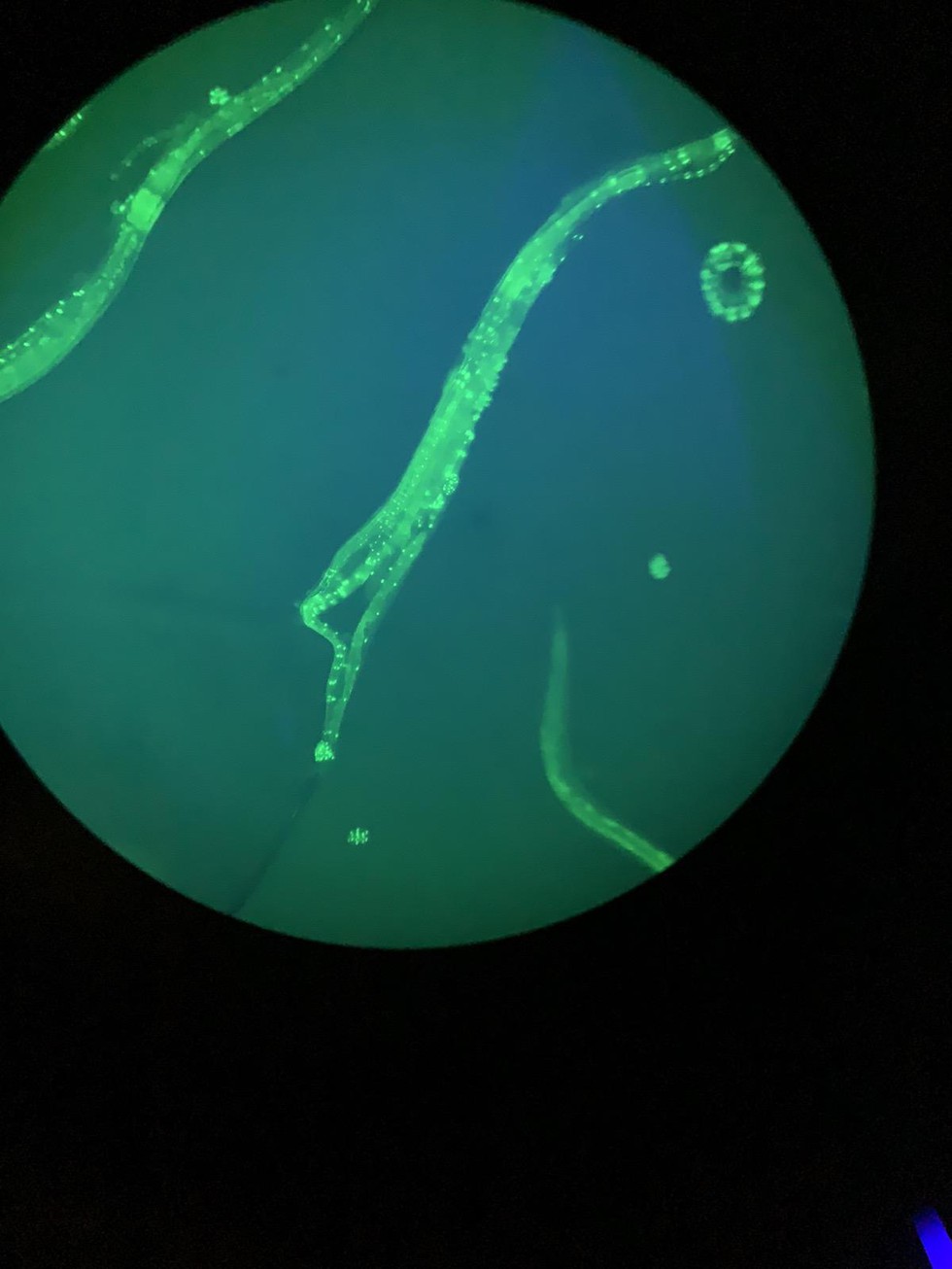Researchers at [Institution Name] investigated the interplay between genetics and behavior in a species of soil-dwelling worms, challenging traditional beliefs about behavioral determination in simple organisms.
Findings
- Inheritance of Food Preferences: Contrary to previous assumptions, worms exposed to specific food sources over generations developed distinct food preferences.
- Genetic Influence: Offspring raised in environments with similar food sources as their parents exhibited similar food preferences, indicating a genetic component to behavior.
Lead Researcher’s Perspective
- Dr. [Lead Researcher’s Name]’s Insights: Dr. [Lead Researcher’s Name] emphasized the significance of the findings, highlighting the complex interaction between genetics and environment in shaping behavior even in simple organisms.
Implications
- Broader Significance: Understanding behavioral inheritance in worms has implications for evolutionary biology and human psychology, highlighting the importance of considering genetic and environmental factors in behavior studies.
Multiple Choice Questions (MCQs):
- What did the recent study at [Institution Name] focus on?
- A) Plant genetics
- B) Soil composition
- C) Genetics and behavior in worms
- D) Marine biology
- Answer: C) Genetics and behavior in worms
- What was traditionally believed about behaviors in simple organisms like worms?
- A) They are solely determined by genetics.
- B) They are primarily influenced by environmental factors.
- C) They have no genetic component.
- D) They are unpredictable.
- Answer: B) They are primarily influenced by environmental factors.
- What did the study reveal about the inheritance of food preferences in worms?
- A) Food preferences are solely determined by environmental factors.
- B) Offspring inherit food preferences from their parents.
- C) Food preferences change with each generation.
- D) Food preferences have no genetic basis.
- Answer: B) Offspring inherit food preferences from their parents.
- According to Dr. [Lead Researcher’s Name], what are the implications of the study’s findings?
- A) They have no broader significance.
- B) They challenge traditional beliefs about genetics and behavior.
- C) They only apply to worm ecology.
- D) They confirm existing theories in evolutionary biology.
- Answer: B) They challenge traditional beliefs about genetics and behavior.
